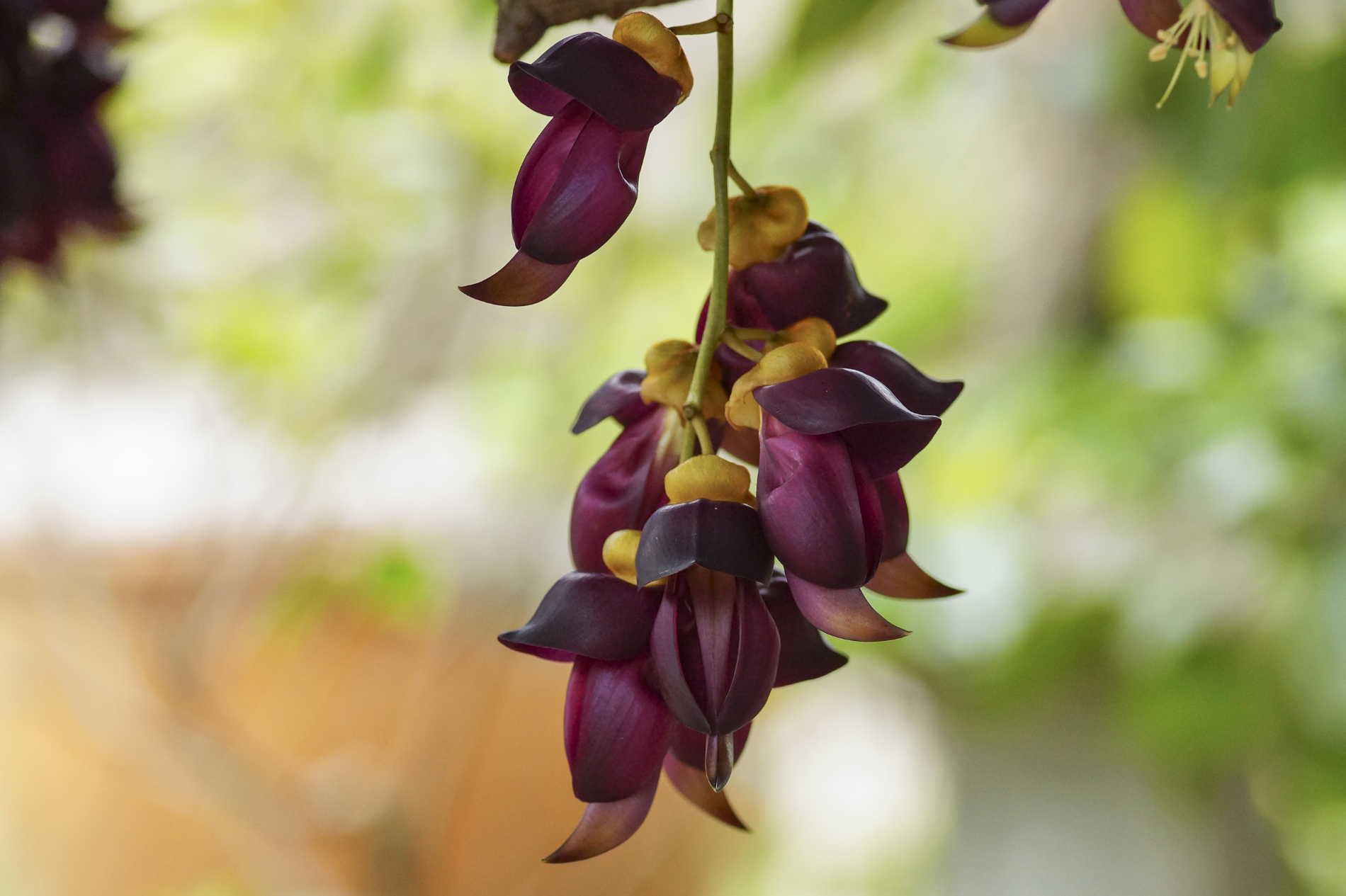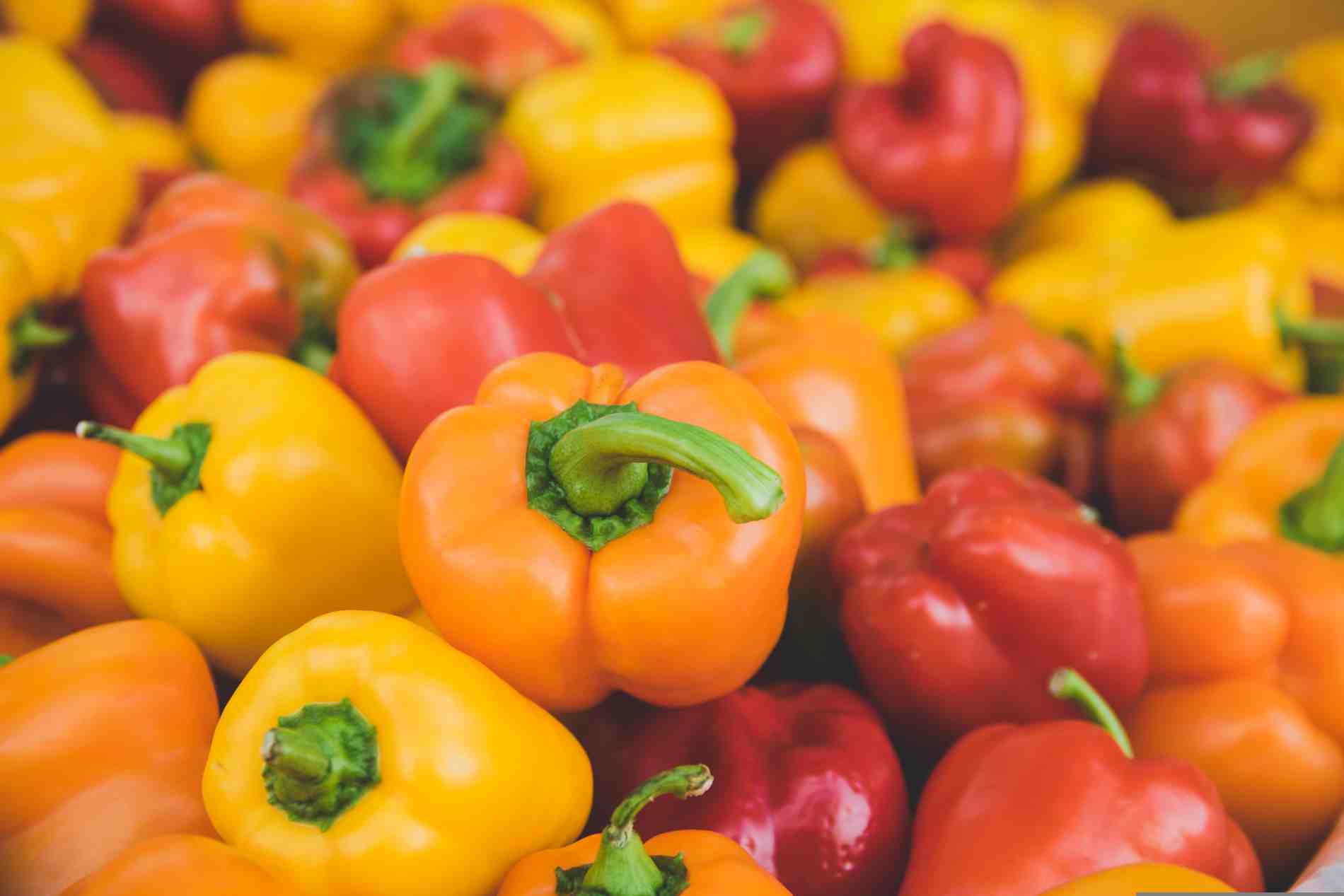Discovery of the boar’s rue
Boar’s rue (Artemisia abrotanum), also known as garden rue, is an ancient medicinal plant that has been used since antiquity. Its discovery dates back to the time of the ancient Greeks and Romans, who valued its versatile healing properties. In the Middle Ages, it was cultivated in monastery gardens and was an integral part of the herbal medicine of the time. It is traditionally used in both Western and Chinese medicine, which underlines its importance and effectiveness.
Dosage forms and dosage
Boar’s rue can be taken in various dosage forms. It is usually used as a tea, tincture, dry extract or essential oil. Each form has its own application and dosage:
- Tea: To make a tea, pour 250 ml of hot water over about 1 to 2 teaspoons of dried leaves of mountain rue and leave to infuse for 10 to 15 minutes. It is recommended not to drink more than three cups a day.
- Tincture: The dosage of a motherwort tincture is usually 20 to 30 drops taken two to three times a day in water or juice.
- Dry extract: This is available in the form of capsules or tablets. The usual dosage here is around 300 to 500 mg per day.
- Essential oil: Due to its strong effect, the oil should be used very sparingly and preferably applied externally. Internally, only a few drops should be taken in water or tea.
Rue: healing properties and areas of application
It is used for a variety of diseases and complaints. The most important areas of application are
- Digestive complaints: The bitter ingredients stimulate the production of stomach acid and bile, which aids digestion and alleviates complaints such as flatulence, bloating and loss of appetite.
- Respiratory diseases: It is traditionally used to treat coughs, bronchitis and asthma. Its expectorant and anti-inflammatory properties help to alleviate the symptoms.
- Menstrual cramps: It can have an antispasmodic effect and is therefore used for menstrual cramps and irregular menstrual cycles.
- Infections and inflammations: Due to its antimicrobial and anti-inflammatory properties, it is used to treat skin infections, wounds and inflammation.
- Rheumatism and gout: The plant’s anti-inflammatory active ingredients can relieve pain and swelling in rheumatic diseases and gout.
Rue: How it works in the body
Rue contains a variety of bioactive substances, including essential oils (such as camphor and eucalyptol), bitter substances and flavonoids. These ingredients act synergistically and develop a broad spectrum of therapeutic effects. The bitter substances stimulate the digestive enzymes, while the essential oils have antimicrobial and anti-inflammatory properties. Flavonoids have an antioxidant effect and support the immune system.
Recommendations for use and contraindications
Boar’s rue should be used as a dietary supplement for the following complaints or conditions:
- Digestive disorders
- Diseases of the respiratory tract
- Menstrual problems
- Inflammations and infections
However, there are also groups of people who are advised not to take it:
- Pregnant women and breastfeeding mothers: Due to the strong effect and the possibility of influencing hormonal balance, pregnant and breastfeeding women should refrain from taking it.
- Infants: The essential oils can cause irritation in infants.
- Allergy sufferers: Caution is advised if you are known to be allergic to composite plants, as they can trigger skin reactions.
Food supplements and medicinal plants
The following dietary supplements and medicinal plants can be taken to support the effect of the boar’s rue:
- Probiotics: Promote intestinal health and aid digestion.
- Ginger: Also has anti-inflammatory properties and can help with digestive problems.
- Turmeric: Known for its strong anti-inflammatory and antioxidant effects.
- Licorice: Supports the respiratory tract and has a calming effect on the stomach.
Foods with a high boar’s rue content
There are no specific foods that are naturally rich in rue, but the plant can be used in small amounts as a spice in various dishes to take advantage of its health-promoting properties.
Rue: Possible adverse effects and overdose
When used properly, it is generally well tolerated. However, possible side effects can include nausea, stomach problems or skin reactions. An overdose can lead to more severe symptoms such as dizziness, vomiting and, in extreme cases, seizures. The recommended dosage should therefore not be exceeded.
Traditional medicine and modern use
Rue is used in various forms of traditional medicine, including phytotherapy and aromatherapy. In phytotherapy, it is used as a tea or tincture to treat digestive and respiratory complaints, while in aromatherapy the essential oil is used to relieve pain and inflammation.
Conclusion
Rue is a versatile and effective medicinal plant with a long tradition in naturopathy. Its wide range of applications make it a valuable component of natural health care. However, it is important to adhere to the correct dosage and to be aware of possible contraindications in order to be able to utilize the benefits of mountain rue safely and effectively.




